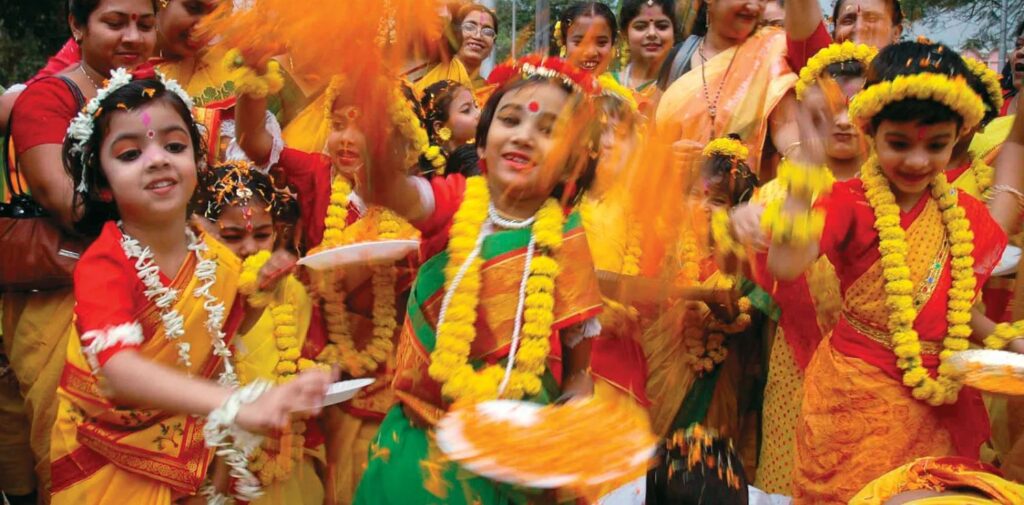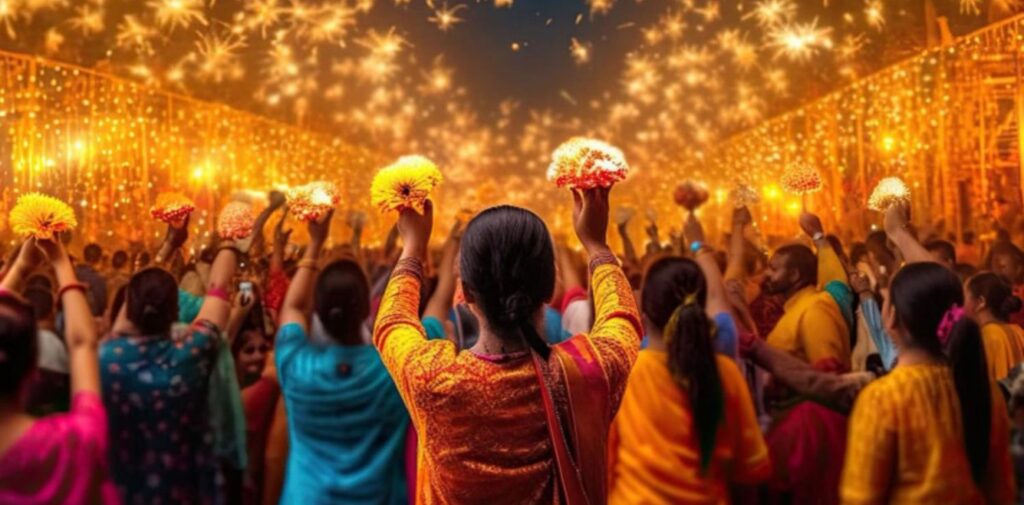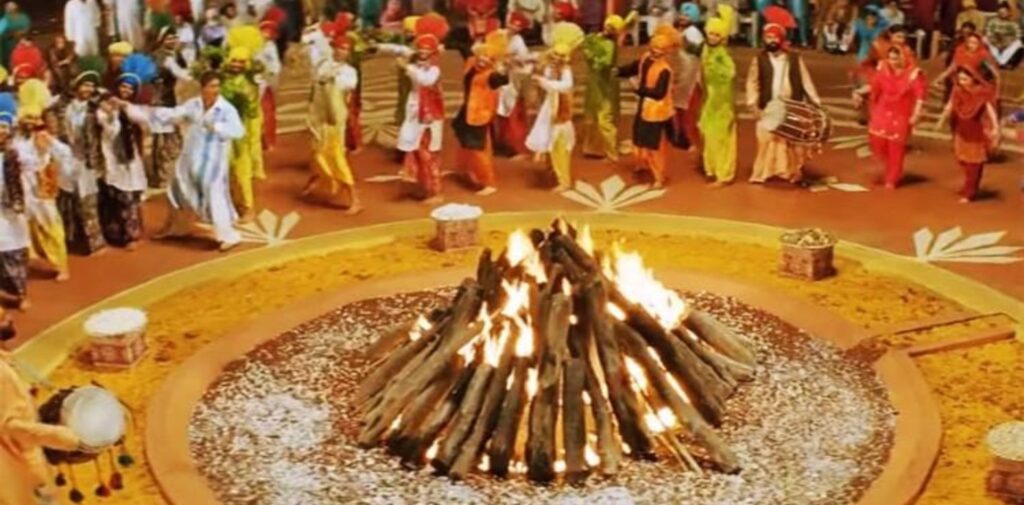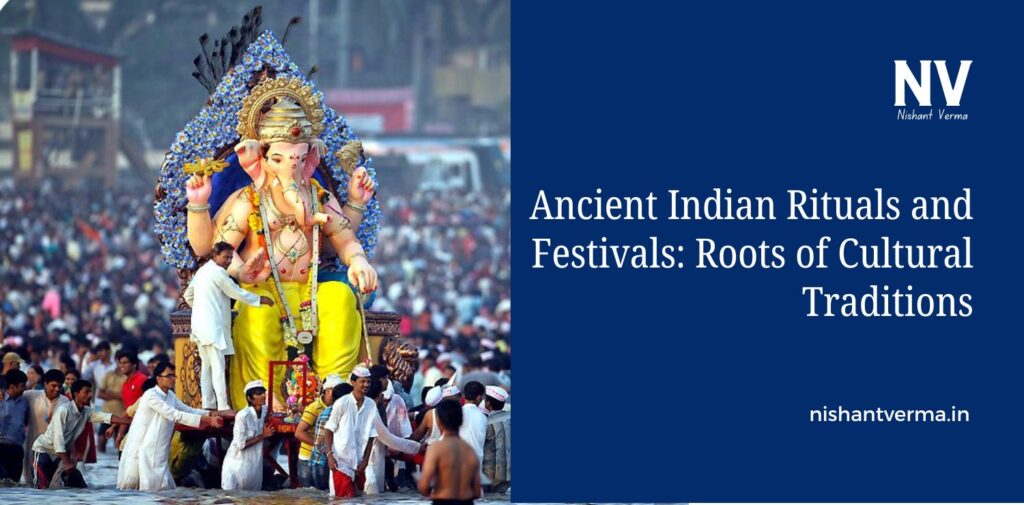India is a land of rich traditions, deep cultural roots, and vibrant festivals. Indian Rituals and Festivals: have played an important role in shaping the culture of this beautiful country. These celebrations are not just about fun and joy, but they also carry deep meanings, teachings, and a sense of connection to history. In this article, we will explore how ancient Indian rituals and festivals began, their importance, and how they continue to shape our lives today.
What Are Rituals and Festivals?
Before we dive into the specifics, let’s understand what rituals and festivals mean.
- Rituals are special actions, prayers, or ceremonies that are done for a specific purpose, often to show respect or honor. They can be religious or cultural. These rituals are usually performed in temples, homes, or during important events like weddings, births, or festivals.
- Festivals, on the other hand, are celebrations that mark important events, seasons, or gods. They bring people together for joy, prayer, and sharing. Festivals are celebrated with music, dance, sweets, and gifts, and they often have deep cultural and spiritual meanings.

The Roots of Indian Rituals and Festivals
The tradition of rituals and festivals goes back thousands of years to the time of the Indus Valley Civilization, one of the earliest urban cultures in India. But it was during the Vedic period (around 1500 BCE to 500 BCE) that rituals and festivals became more structured and were clearly defined in religious texts like the Vedas. The Vedas are the oldest scriptures in Hinduism and contain detailed instructions on how to perform rituals and prayers.
Many of the rituals and festivals we celebrate today are deeply connected to the Vedic traditions. These rituals were initially performed to honor the gods, bring good harvests, ensure prosperity, and maintain peace in the community.
Key Ancient Rituals in India
Let’s take a look at some of the most important rituals that have been passed down through generations in India.
Yajnas (Fire Sacrifices)
One of the oldest and most important rituals in ancient India was the Yajna, which is a fire sacrifice. The Yajna ritual involved offerings like grains, ghee (clarified butter), and milk into a sacred fire while chanting special mantras. This ritual was believed to bring blessings from the gods, ensure peace, and bring prosperity to the land. The fire in Yajna represented the connection between the human world and the divine, and the smoke from the fire was thought to carry the prayers up to the heavens.
Even today, some Hindu temples and homes perform smaller versions of Yajnas, especially during weddings, festivals, or times of need.
Puja (Worship)
Puja is another common ritual that is performed in temples and homes. It involves offering prayers, flowers, incense, and sweets to deities (gods and goddesses). The goal of a Puja is to show gratitude, seek blessings, and strengthen the connection between humans and the divine. The ancient texts describe the detailed steps of performing a Puja, which include chanting specific mantras, lighting lamps, and making offerings.
In every part of India, people perform Puja in their homes, especially in the mornings. During festivals like Diwali, Navratri, or Dussehra, the Puja becomes a central part of the celebration, with families coming together to honor their favorite gods.
Sacred Pilgrimages
In ancient India, traveling to holy places was considered a very important ritual. People believed that visiting sacred temples, rivers, and mountains would cleanse their minds and bring them closer to the divine. Some of the most famous pilgrimage sites include Varanasi (on the banks of the river Ganges), Kashi, Ayodhya, and Badrinath.
Even today, millions of people make pilgrimages to these holy sites as a form of spiritual devotion and reflection.

Popular Ancient Indian Festivals
India is known for its wide variety of festivals, many of which have ancient roots. Let’s explore a few of the most significant festivals that are celebrated across the country.
Diwali: The Festival of Lights
Diwali, also known as Deepavali, is one of the most important and widely celebrated festivals in India. It marks the victory of good over evil, light over darkness. According to ancient legends, Diwali celebrates the return of Lord Rama to his kingdom after defeating the demon king Ravana. To welcome him, the people of Ayodhya lit oil lamps (diyas) to light the way.
The celebration of Diwali involves cleaning homes, decorating with lights, performing Puja to Goddess Lakshmi (the goddess of wealth), and bursting fireworks. Diwali has ancient roots in Vedic rituals, and it remains a festival that unites families and communities.
Holi: The Festival of Colors
Holi, also known as the festival of colors, celebrates the arrival of spring and the victory of good over evil. The festival is linked to the story of Prahlada, a young prince who was saved from a demoness named Holika by the god Vishnu. The night before Holi is celebrated with a bonfire (called Holika Dahan) to symbolize the burning of evil, while the next day is filled with colors, dancing, and songs.
Holi is celebrated with great enthusiasm across India, and it is a festival that encourages social unity and the breaking of barriers. People of all ages come together to throw colored powders at each other, sing, dance, and celebrate life.
Navratri: Nine Nights of Worship
Navratri is a nine-night festival dedicated to the worship of Durga, the goddess of power. This festival is celebrated in honor of Durga’s victory over the buffalo demon Mahishasura. Each day of Navratri focuses on worshipping a different form of the goddess, and it includes fasting, chanting, and prayer.
In some regions, particularly in Gujarat, people celebrate Navratri with Garba, a traditional dance. In other parts of India, it’s a time for families to come together and perform special Puja to seek blessings for health, wealth, and prosperity.
Raksha Bandhan: The Bond of Protection
Raksha Bandhan is a special festival that celebrates the bond between brothers and sisters. On this day, sisters tie a sacred thread called Rakhi around their brothers’ wrists, symbolizing protection and love. In return, brothers give gifts and promise to protect their sisters. This tradition has deep cultural roots, and while it is celebrated primarily in North India, it is observed in various forms across the country.
Makar Sankranti: Harvest Festival
Makar Sankranti marks the transition of the sun into the zodiac sign of Capricorn and is celebrated as a harvest festival in many parts of India. It is a time of thanksgiving for the bountiful harvest and is celebrated with kite flying, bonfires, and feasts. The festival is important in agricultural communities and holds ancient significance in Vedic astrology.

The Importance of Rituals and Festivals
Ancient rituals and festivals have always been more than just celebrations; they are a way for people to connect with their heritage, honor their gods, and strengthen their sense of community. These traditions teach important values such as gratitude, respect, unity, and compassion.
The rituals help keep alive ancient knowledge, whether it is through prayer, music, dance, or storytelling. Festivals, on the other hand, bring joy, color, and energy into people’s lives, allowing them to forget their worries and celebrate the joys of life together.
Conclusion: Indian Rituals and Festivals:
Ancient Indian rituals and festivals have deep spiritual meanings, and they form the roots of the cultural traditions we follow today. They connect us to our history, teach us important life lessons, and bring families and communities together. These traditions have survived for thousands of years and continue to play a vital role in shaping the culture and identity of India.
As we celebrate these festivals and perform these rituals, we honor the wisdom of our ancestors and keep alive the rich cultural heritage that has been passed down through generations. Whether it is the lighting of a lamp during Diwali, playing with colors on Holi, or offering prayers during Navratri, each festival brings us closer to the values of love, kindness, and unity that have been central to Indian culture since ancient times.




